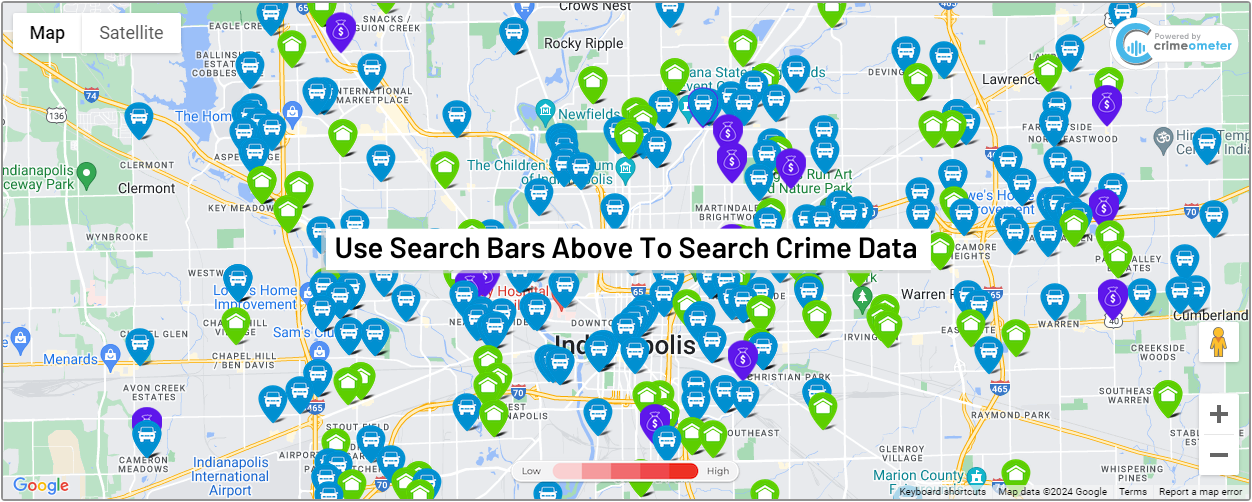Scammers using deepfake voice cloning to trick people into sending money
INDIANAPOLIS (WISH) — Phone scammers are increasingly turning to voice-cloning technology to trick individuals into handing over money, experts warn.
With the rise of affordable and sophisticated voice-cloning tools, criminals can now impersonate loved ones, creating a new level of urgency and deception in their schemes.
Cybersecurity expert Adrianus Warmenhoven from NordVPN said scammers no longer rely on traditional tactics like pretending to be doctors or police officers. Instead, they use voice samples found on social media to create convincing clones of a family member. By simulating a loved one’s voice, the scammers manipulate people into sending money under the guise of an emergency.
“Phone scammers used to scare people with fake accidents or urgent medical situations involving their family members,” Warmenhoven says. “Now, they can replicate the voices of our loved ones and put us under pressure to act quickly. This is a new reality, and we must prepare ourselves and our families to handle it.”
A recent report from Truecaller estimates that 56 million Americans get caught in phone scams every year, with the average loss being $452. Voice cloning scams, although complex, have proven to be particularly effective due to their realistic impersonation.
As deepfake technology evolves, experts stress the importance of educating family members on the dangers of voice cloning and how to recognize fraudulent calls. Simple preventative measures, such as establishing a secret family code word, can significantly reduce the risk of getting caught in the scams.
Warmenhoven advises families to implement the following strategies to protect themselves from voice-cloning fraud.
Create a family code word
Establish a secret code word or phrase that only family members know. This simple precaution can help confirm the identity of someone claiming to be a relative in a suspicious phone call.
Check before acting
If you receive a call from an unknown number, especially one without a caller ID, and the caller makes an unusual request, hang up and call back using a familiar method. Whether it’s through a traditional phone call or messaging app, confirm the situation with your loved one.
Create an emergency contact list
Keep an updated list of family and close friends who can quickly verify suspicious calls or requests. This can be a helpful resource in moments of uncertainty.
Be cautious about social media
Social media platforms are a treasure trove of data for cybercriminals, offering easy access to voice samples and other personal information. Be mindful of what you share online to protect yourself and your family from potential scams.



